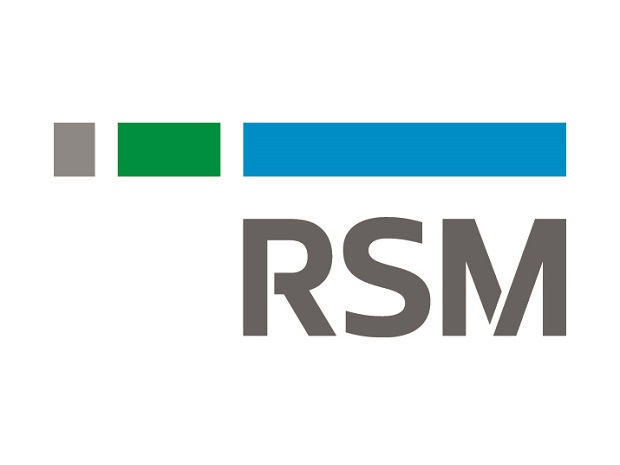

Draft amendment to the VAT Act
22.10.2024
In September 2024, the government bill concerning the Value Added Tax (VAT) Act moved to its second reading in the Chamber of Deputies. The amendment is expected to take effect as of 1 January 2025. This bill contains a number of important changes that will affect all VAT payers, as well as non-payers. The main objective of these amendments is to transpose European directives, in particular EU Council Directive 2020/285, which focuses on the special regime for small enterprises, and to incorporate rulings of the Court of Justice of the European Union (CJEU).
Benefits provided to employees:
- If an employer provides a benefit to its employees or their relatives for a symbolic price, the tax base will now be determined on the basis of the normal market price. The employer will have to pay VAT on this full market price, even if it provides the benefit at a discount.
Changes to the time limits for claiming deductions and corrections to the tax base:
- The time limit for claiming a deduction is reduced from 3 years to 2 years. The 2-year limit for claiming the deduction is also to apply in the case of an increase in the tax base pertaining to a notarial deed.
- The amendment also extends the time limit for correcting the tax base to 7 years from the original taxable performance.
Unpaid liabilities and obligation to refund the deduction:
- According to a ruling by the CJEU, a debtor will be obliged to correct the deduction if it fails to discharge its liability within 6 months of the due date. In the event of a later payment of the liability, the deduction will be increased again to the corresponding extent.
Adjustments to the tax base for uncollectable claims:
- The amendment mitigates the conditions for adjusting the tax base for uncollectable claims; in particular, it shortens the holding time after the first writ of execution to one year.
- Adjustment to the tax base will also be possible for small debts (up to CZK 10,000) if the debtor has been requested to pay at least twice and the total value of the debts does not exceed CZK 20,000.
Changes to definitions in the construction industry and real estate:
- The definitions of buildings for housing and social housing will now be based on the Land Register, not the Building Act.
- The five-year test for VAT exemption on the sale of real estate is abolished. Only the first delivery after the completion of the construction or significant alteration will be taxed, and that within two years of its completion.
- The threshold for a significant alteration to real estate is reduced from 50% to 30% of its value after the alteration.
Fixed assets created by own activities:
- The current practice of claiming the full right to deduction during the construction of fixed assets used for so-called miscellaneous purposes with the subsequent fiction of delivery and the obligation to reduce the right to deduct tax at the time of their inclusion is abolished.
- The deduction will now be reduced by a proportionate or reducing coefficient applicable at the time of the claiming of the deduction. For a technical improvement or construction acquired over a longer period, the deduction claimed will have to be offset according to the applicable coefficient in force in the year of the inclusion of the asset.
Further changes in the real estate sector:
- The change in the VAT rate will apply to construction work carried out on buildings for housing or social housing if the work changes the nature of the building.
- It will also be possible to claim a deduction upon registration for VAT on assets put into service after the registration.
Corrective tax documents:
-
- It will no longer be necessary to issue a corrective tax document if the original tax document was not issued. The due date of the claims will now be a mandatory entry in the corrective documents.

